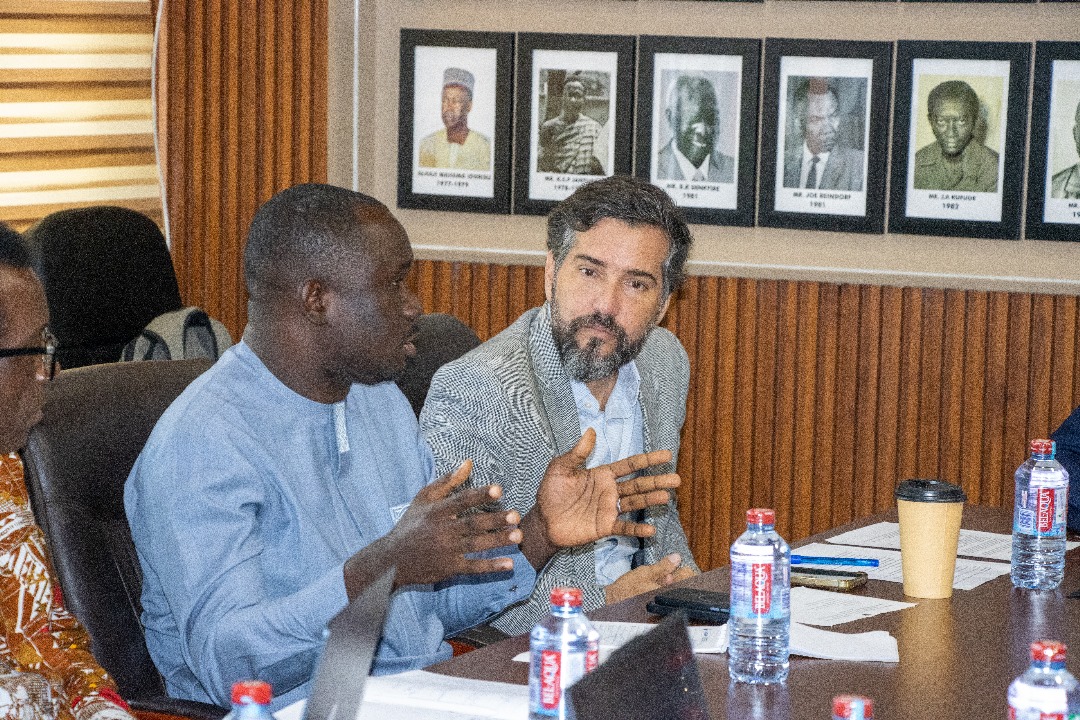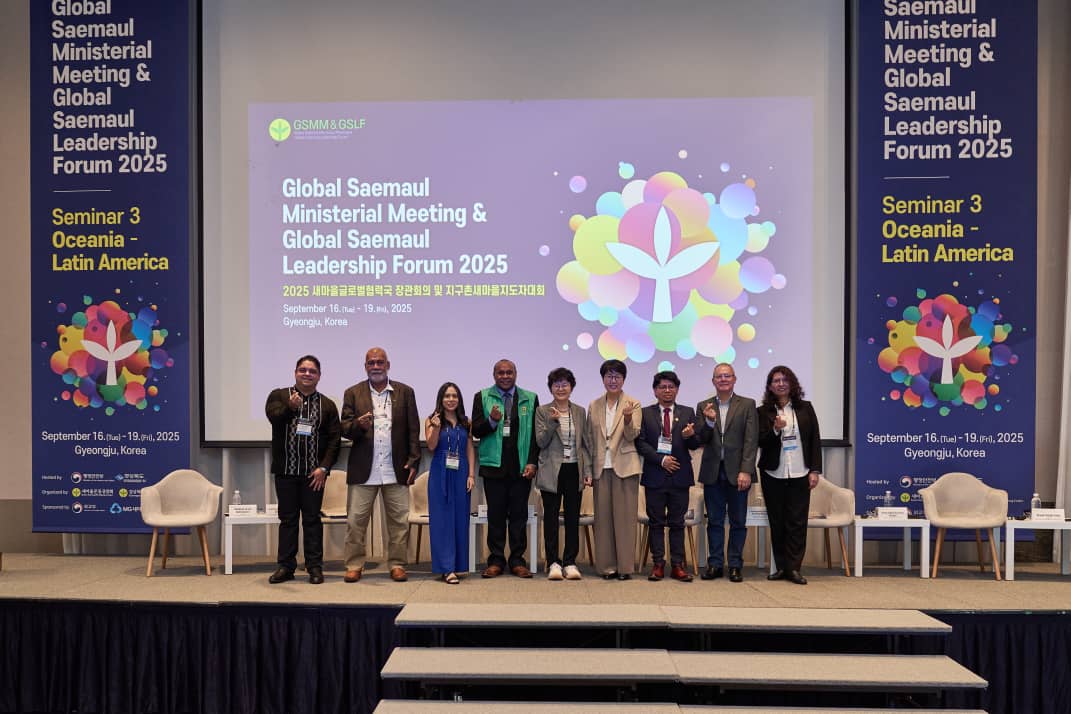On the final day of the 2nd Global Ministerial Saemaul Meeting and Global Saemaul Leadership Meeting, delegates embarked on a cultural and historical tour to round off the week’s engagements.
Hon. Ahmed Ibrahim, Minister for Local Government, Chieftaincy and Religious Affairs, joined fellow ministers and leaders for a guided visit to President Park’s History and Presidential Library and Museum. The visit offered participants a deeper appreciation of Korea’s journey of transformation and the historical roots that shaped the Saemaul Undong movement.
Delegates explored exhibitions that chronicled Korea’s path from post-war recovery to rapid development, highlighting the values of resilience, innovation, and collective spirit that continue to inspire global cooperation through the Saemaul model.
The site visit provided not only a reflective close to the four-day programme but also a meaningful reminder of how history and leadership can shape the trajectory of nations.
Source: Darling Maame Efua Cann
MLGCRA Public Relations Unit

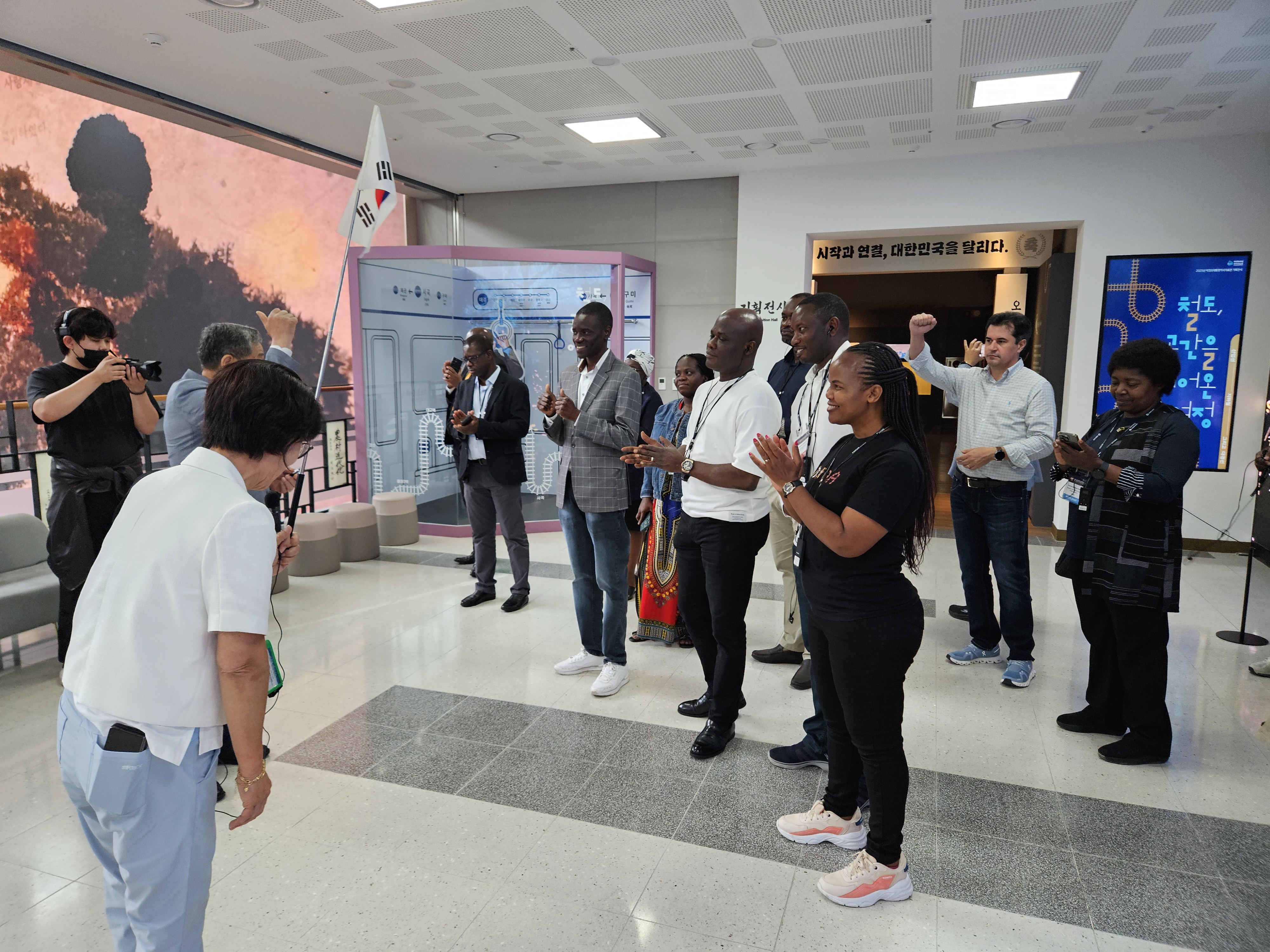
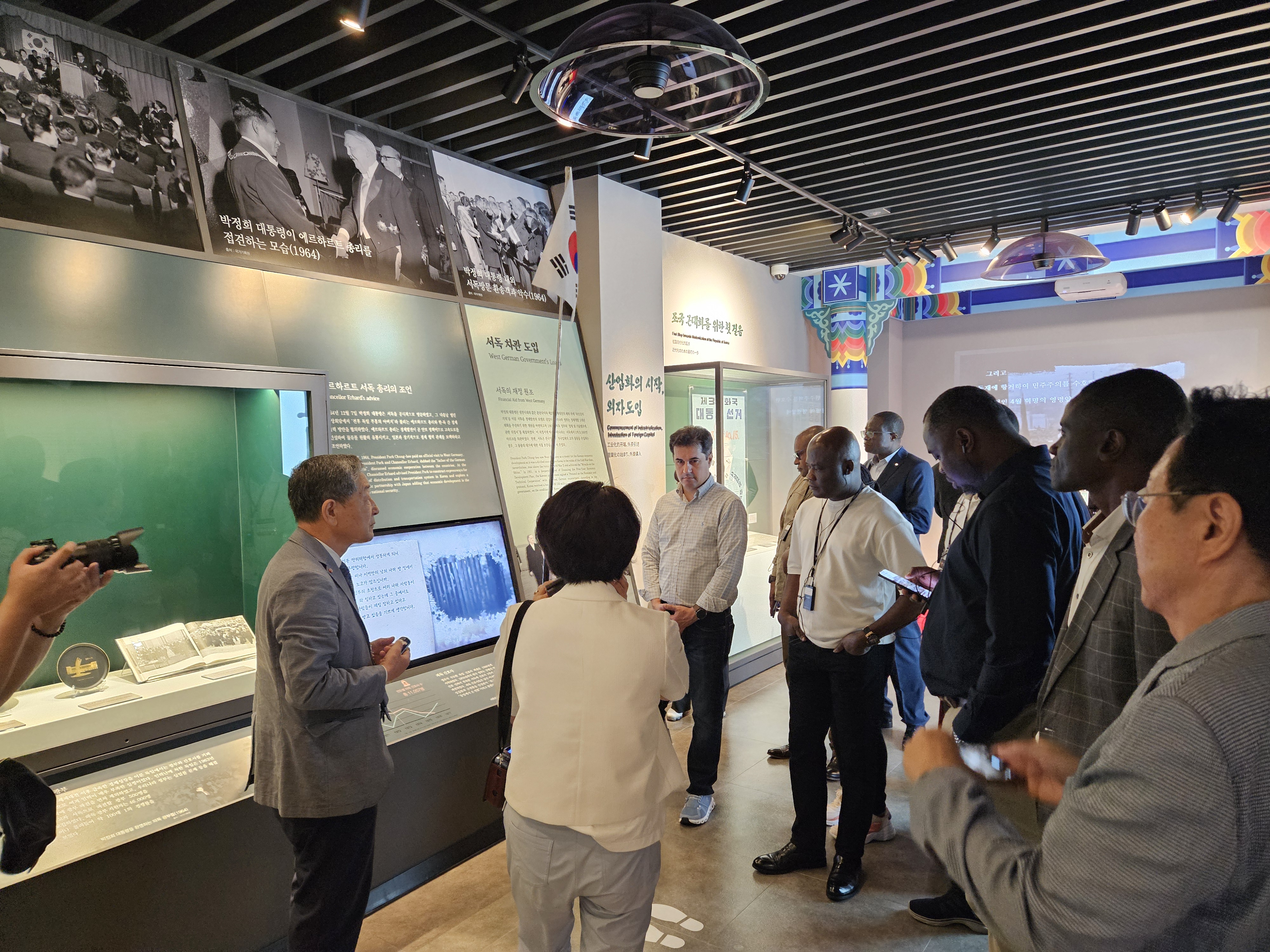
.jpeg)
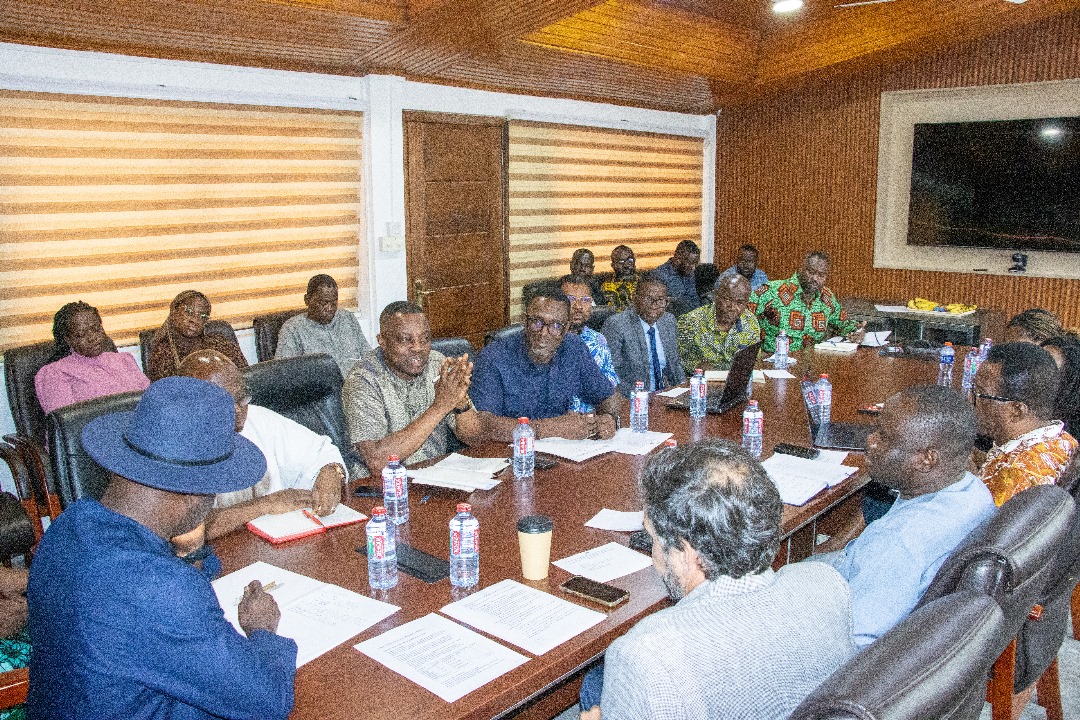
.jpeg)
.jpeg)
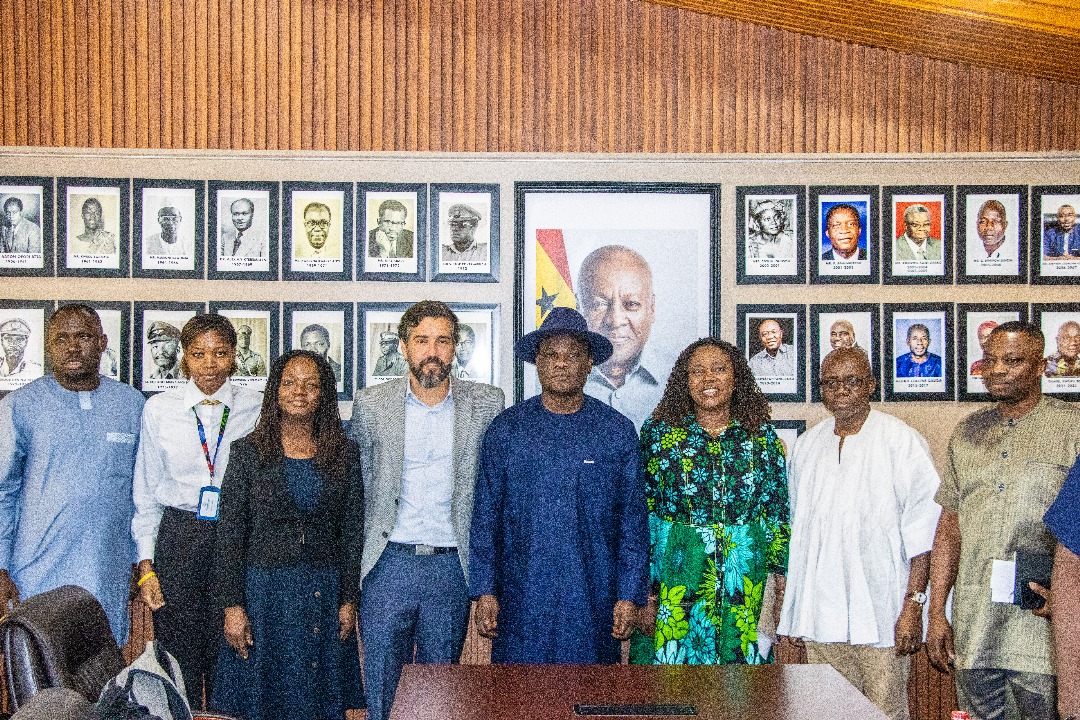
.jpeg)
